about us
Turn Key Property Inspectors, founded by a certified master home inspector, has been ensuring the safety and integrity of over 4500 homes in Temecula, CA, for 4 years. Trusted for thorough inspections and professional service.
Empowering homeowners with comprehensive, reliable property inspections. Our expert team ensures peace of mind in your real estate decisions.

GET A FREE QUOTE

GET A FREE QUOTE
100% local
family business
4+ years experience
INSURED
FULLY Licensed
Turn Key Property Inspectors, founded by a certified master home inspector, has been ensuring the safety and integrity of over 4500 homes in Temecula, CA, for 4 years. Trusted for thorough inspections and professional service.

WHAT WE ARE BEST AT
Ensure your home is safe and sound with our professional home inspection services. From structural integrity to electrical systems, our expert inspectors cover every nook and cranny to provide you with peace of mind and a detailed report. Perfect for buyers, sellers, or anyone wanting to maintain their homes health.
Ensure your commercial property meets all necessary standards with our thorough commercial inspections. Our expert team provides detailed assessments to identify any issues or compliance gaps, helping you maintain safety, efficiency, and regulatory adherence.
Discover the unseen with our Sewer Camera Inspections. Utilizing advanced technology, we provide a clear view inside your sewer lines, identifying blockages, damages, and potential issues with precision. This non-invasive method is essential for diagnosing plumbing problems, ensuring your sewer system operates smoothly. Trust us to provide thorough, efficient inspections with minimal disruption to your property.
Ensure your pools safety and efficiency with our comprehensive pool inspection services. From checking pumps and filters to ensuring structural integrity and compliance with local regulations, our experts cover every detail to keep your swimming experience safe and enjoyable.
Ensure your homes air is clean and safe with our Air Quality Testing service. Our experts use the latest technology to detect pollutants, allergens, and toxins, providing you with a comprehensive report and solutions for cleaner, healthier air.
Ensure your home is safe and mold-free with our professional mold inspection services. Our experts use the latest technology to detect hidden mold, assess its impact, and recommend effective solutions. Protect your familys health and your homes integrity today.
Our process is simple and only contains a few simple steps
SEE WHY OUR CUSTOMERS LOVE US
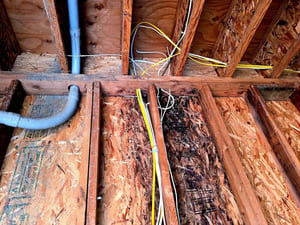
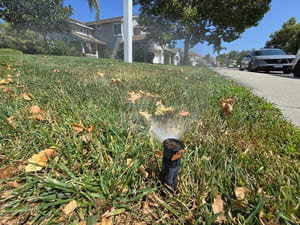
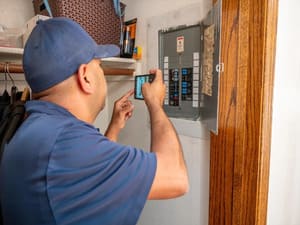

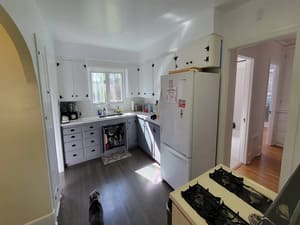
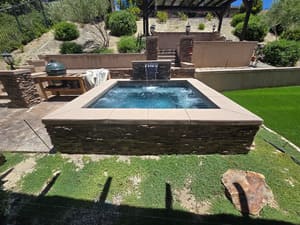
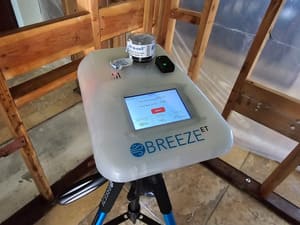
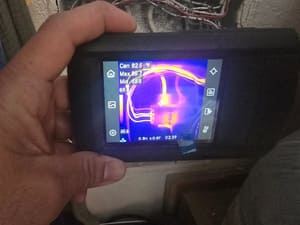

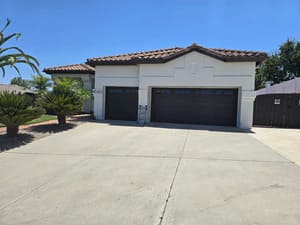
DISCOVER WHAT OUR CUSTOMERS HAVE TO SAY ABOUT US
REVIEW US ON GOOGLE
Absolutely, we can provide references from past clients. Additionally, you can read the reviews and testimonials from our satisfied customers on our website. If you would like to speak with specific past clients, we can provide their contact information upon request.
At Turn Key Property Inspectors, we distinguish ourselves through meticulous attention to detail, a dedication to quality, and a personalized approach. We prioritize client communication to seamlessly bring their vision to life.
No, Turn Key Property Inspectors offers complimentary estimates to all prospective clients.
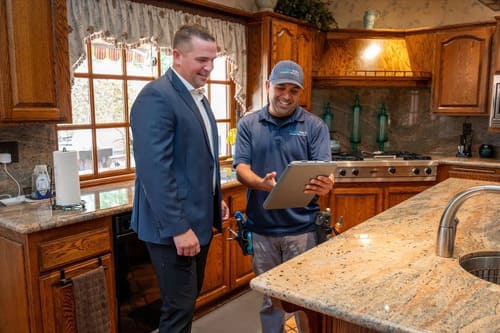
San Diego
Riverside County
Orange County